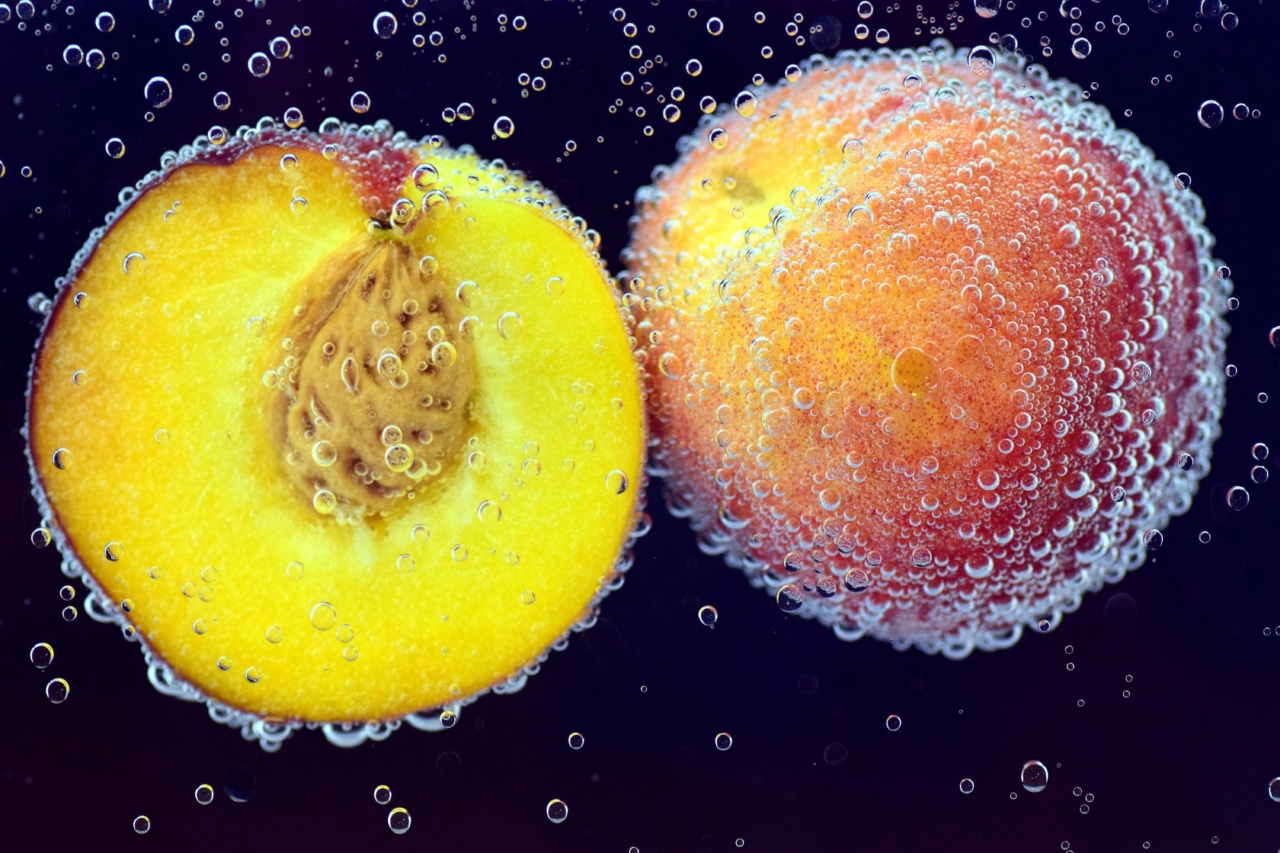In recent years, the consumption of soft drinks has skyrocketed, with people all around the world opting for fizzy beverages over the simplicity of water.
This trend has sparked a debate among health-conscious individuals as to which option is healthier – soft drinks or water. While water has long been hailed as the ultimate elixir of life, some argue that soft drinks can be a viable alternative, particularly for those seeking a low-calorie option.
In the war of the diet, it seems that soft drinks have emerged as the unexpected victor, garnering a significant following among individuals looking to quench their thirst without compromising on taste. However, before jumping to conclusions, it is essential to delve deeper into the matter and explore the various aspects of this ongoing battle.
1. Sugar Content
One of the primary concerns associated with soft drinks is their high sugar content.
These beverages are typically laden with added sugars and artificial sweeteners, which contribute to weight gain, increased risk of diabetes, cardiovascular diseases, and other health problems. On the other hand, water contains no sugar, making it a go-to choice for individuals aiming to reduce their sugar intake and maintain a healthy diet.
2. Caloric Value
Soft drinks, especially regular versions, tend to have a considerable amount of calories. For individuals trying to manage their weight or shed some pounds, opting for water over soft drinks can significantly reduce their overall caloric intake.
Water, being calorie-free, is an excellent choice to quench thirst without adding to the daily calorie count.
3. Hydration
The primary purpose of consuming any beverage is to hydrate the body. While soft drinks may temporarily quench thirst, their diuretic properties often lead to increased urination, resulting in inadequate hydration in the long run.
Water, on the other hand, is the ideal drink to maintain proper hydration levels, as it is readily absorbed and used by the body.
4. Nutritional Value
When it comes to essential nutrients, water may seem lacking in comparison to soft drinks that often contain added vitamins and minerals.
However, it is essential to remember that these added nutrients in soft drinks are often negligible and cannot replace the benefits derived from a balanced diet. Water, though devoid of additional nutrients, is essential for bodily functions and can be consumed alongside a nutritious meal.
5. Dental Health
The consumption of soft drinks is notorious for its detrimental effects on dental health. The high sugar content and acidity of soft drinks contribute to tooth decay and erosion of tooth enamel.
In contrast, water poses no threat to dental health and can even help rinse away food particles, reducing the risk of cavities and gum diseases.
6. Caffeine Content
Soft drinks such as colas often contain caffeine, a stimulant that provides a temporary energy boost.
While some individuals may appreciate this pick-me-up effect, excessive consumption of caffeine can lead to addiction, disrupted sleep patterns, and even withdrawal symptoms. Water, being caffeine-free, serves as a healthier alternative to keep the body hydrated without any unwanted side effects.
7. Environmental Impact
The manufacturing, packaging, and disposal of soft drinks contribute to environmental pollution.
The production process and transportation of soft drinks require significant amounts of energy and resources, causing carbon emissions and waste accumulation. In contrast, water has a relatively low environmental impact, making it a more sustainable choice.
8. Taste and Variety
Soft drinks undoubtedly offer a wide array of flavors and taste profiles to suit individual preferences. Water, being flavorless, may seem dull in comparison.
However, by infusing water with fruits, herbs, or other natural flavors, it is possible to create enticing and refreshing variations that can easily rival the taste of soft drinks, all while keeping the calorie count low and sugar content in check.
9. Economic Considerations
From an economic standpoint, water is one of the most cost-effective beverage options available. It is easily accessible, often available for free, and requires no expenses beyond basic filtration or purification methods.
Soft drinks, on the other hand, can be quite expensive, particularly when consumed in large quantities, adding financial strain for individuals on a budget.
10. Consumer Awareness and Choice
The recent surge in health consciousness has sparked greater consumer awareness and a growing demand for healthier beverage alternatives.
As a result, the market has responded with an influx of low-sugar, zero-calorie, and natural options that cater to the needs and preferences of health-conscious individuals. This increased availability of healthier choices empowers consumers to make informed decisions, ultimately shifting the balance towards water and other healthier options.
Conclusion
While soft drinks may have gained popularity in the war of the diet, emerging evidence and increased consumer awareness suggest that water remains the undisputed champion when it comes to maintaining a healthy lifestyle.
The numerous benefits of water, including its role in hydration, weight management, dental health, and environmental sustainability, far outweigh the temporary satisfaction provided by soft drinks. With the increasing availability of flavored water options and other healthy beverage alternatives, consumers can now quench their thirst without compromising their well-being.
So, let water stand tall as the ultimate winner in the ongoing battle between soft drinks and a healthy diet.































